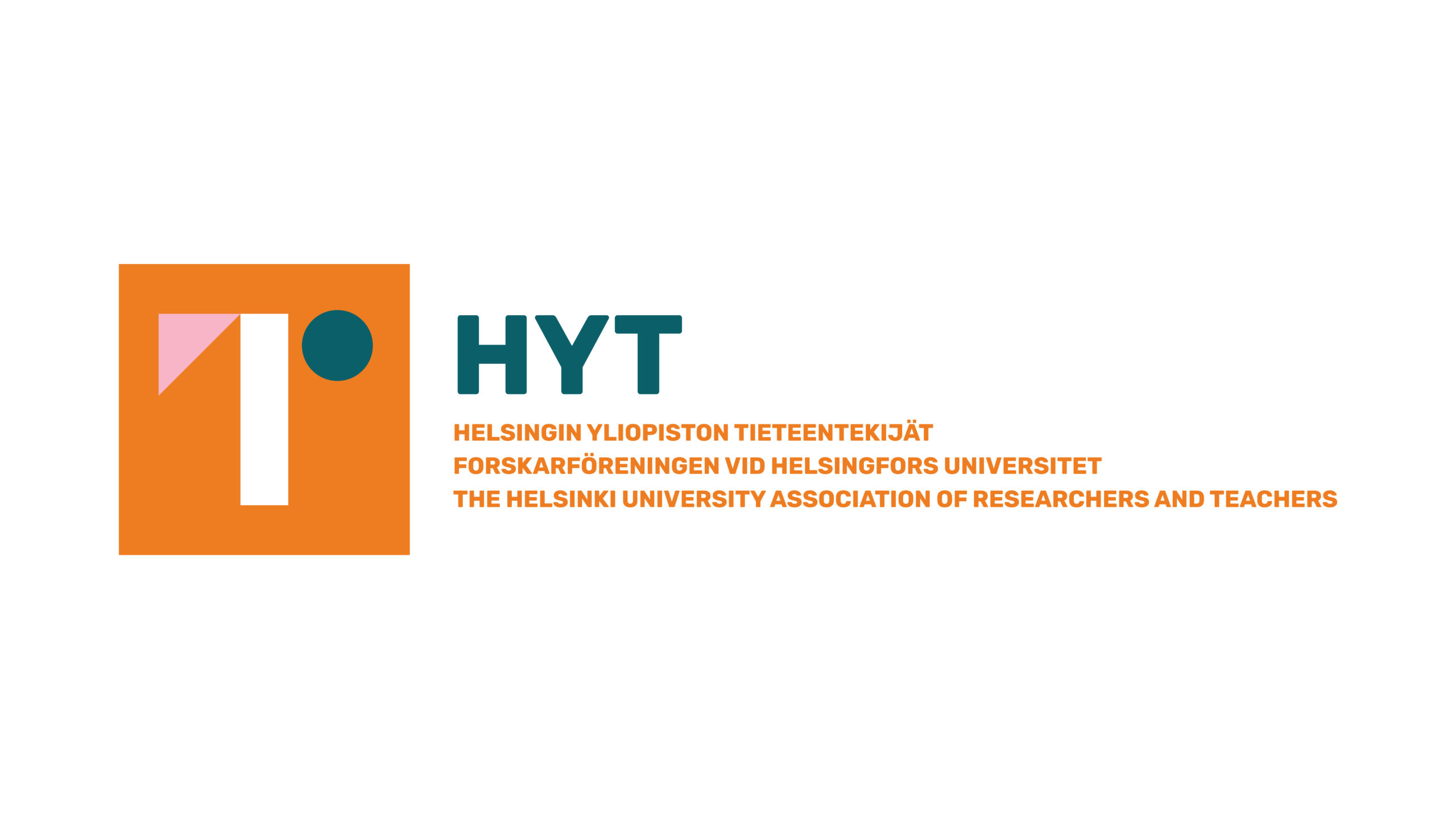Author: Ganapati Sahoo, HYT Board Member
For international researchers working in Finland on temporary contracts, the proposed labour law reforms introduced by the government raise important questions about job security, career stability, and labour rights. These rights include access to fair working conditions, protection from unjust dismissal, equal treatment in collective bargaining processes, and the ability to participate in union activities without fear of retaliation.
While these changes aim to boost employment and economic growth by increasing labour market flexibility, they also introduce uncertainties for those of us working in education and scientific research, especially for those on fixed-term contracts. Here’s what’s happening and why it matters from the perspective of a foreign researcher.
Key Proposed Changes and Their Impact on Researchers
Fixed-Term Employment Contracts
Employers may be allowed to offer fixed-term contracts of up to one year without requiring justification. For foreign researchers, this could mean an increase in short-term contracts with less stability, making long-term career planning in Finland more difficult.
Easing Termination Policies
The threshold for dismissing employees may be lowered, shifting the standard from “proper and weighty reason” to “proper reason.” This could create uncertainty for international researchers, many of whom already face additional challenges with work permits and residency status linked to their employment.
Unemployment Benefits Reductions
Significant reforms to the unemployment benefits system are planned that will impact international researchers, who often rely on short-term or part-time contracts. The requirements to qualify for earnings-related unemployment allowance will become more stringent, shifting the focus from working hours to income levels. Only months with income above a certain threshold will fully count toward eligibility, while months with lower earnings will count less. This change risks excluding many researchers with grant-funded or fluctuating incomes from receiving sufficient support.
In addition, a graded benefit model will be introduced, in which the daily earnings-related allowance decreases the longer a person remains unemployed. This puts additional pressure on jobseekers who may need more time to secure suitable positions. The waiting period before benefits begin will also be extended, and certain social security benefits, such as those related to study leave or job alternation leave, will be removed. Altogether, these changes could increase financial insecurity for international researchers during gaps between contracts.
Expansion of Local Bargaining
Allowing local agreements on working conditions even in non-unionized workplaces may weaken collective bargaining rights. International researchers often depend on union support for legal guidance and workplace advocacy, so this change could further complicate employment negotiations.
Barriers to Long-Term Residency and Citizenship
Another proposal from the government is to tighten the income requirements for obtaining a permanent residence permit or citizenship. Specifically, individuals may be disqualified from applying if they have received unemployment benefits or income support for more than three months within the two years preceding their application. This proposal has serious implications for international researchers, who may feel compelled to forgo these benefits to protect their future residency or citizenship prospects. This creates a troubling dilemma in which individuals must choose between financial security and long-term settlement goals.
What This Means for Foreign Researchers
Supporters argue that these reforms will make Finland’s labour market more competitive and encourage hiring. However, for foreign researchers, the reality is different. Many of us already navigate significant administrative hurdles related to residence permits, funding applications, and integration into Finnish society. Increased job insecurity and reduced benefits may make Finland a less attractive destination for international talent.
Unions and worker advocacy groups have voiced strong concerns, organizing protests and strikes to oppose the weakening of labour protections. The academic and research sectors rely heavily on international collaboration, and any policy changes that discourage skilled researchers from staying in Finland could have long-term consequences for innovation and scientific progress. You may have noticed the university sector strikes that took place in early May. These actions were instrumental in helping trade unions secure a new collective agreement with employers on 21 May. Our international members were central to organising both the strikes and solidarity events, playing a vital role in their success.
What’s Next?
As these proposals move through the legislative process, they will shape the future of Finland’s labour market and affect the working conditions of thousands, including international researchers. If these reforms pass, foreign academics may need to rethink their long-term prospects in Finland, potentially seeking opportunities in countries with stronger protections for temporary workers.
For now, staying informed, engaging with unions, and advocating for fair policies remain crucial steps for international researchers hoping to secure a stable and supportive work environment in Finland. The question remains: will these reforms make Finland a more attractive place for global talent, or will they push skilled professionals away?
Foreign Researchers and the Right to Strike
One of the key aspects of labour rights in Finland is the right to participate in strikes, and this applies to foreign workers just as much as it does to Finnish citizens. Many international researchers may feel hesitant about joining strikes, fearing repercussions on their work contracts or residence permits. However, it is important to know that strikes are a legally protected action in Finland, and participation cannot be used against employees.
Unions play a crucial role in organising strikes and ensuring that all workers, regardless of nationality, are supported and informed. If you are part of a union, you are encouraged to take part in collective actions, as these efforts can influence policy decisions and collective agreement negotiations. By participating, foreign researchers not only advocate for fair labour conditions but also demonstrate their investment in Finland’s academic and professional landscape.
